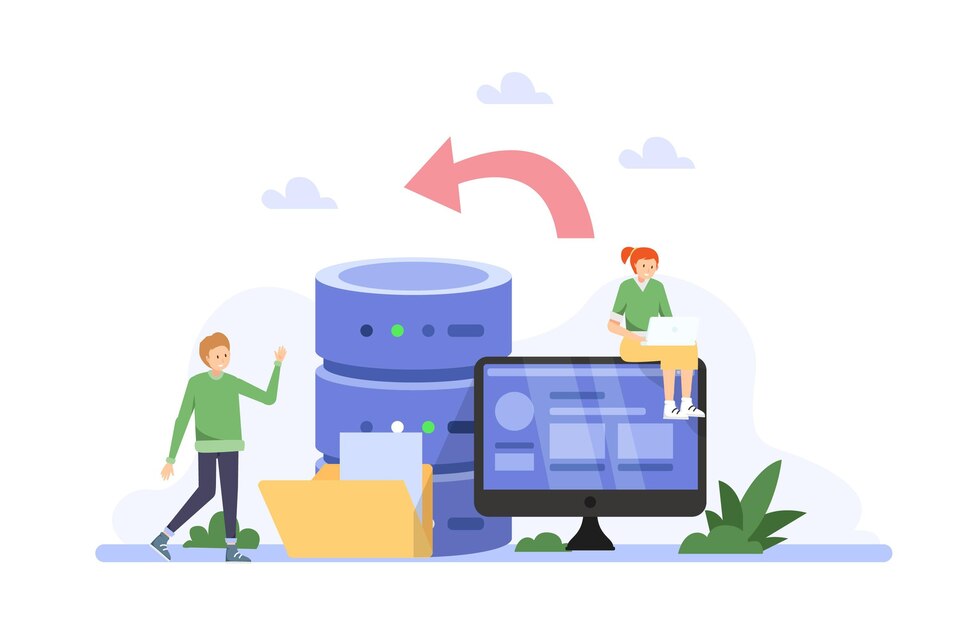In a world where customers expect instant, personalized service at their fingertips, businesses are under increasing pressure to meet these expectations across every communication channel. Gone are the days when customers would settle for one way to reach a company—whether it’s through a phone call, email, or an in-person visit. Today, customers want the flexibility to interact with brands on their terms, whether that means through social media, live chat, or even voice assistants. This shift has given rise to omnichannel support, a strategy that ensures a seamless, integrated customer experience, no matter how or where customers choose to engage.
Omnichannel support goes beyond just providing multiple contact options; it’s about creating a smooth, consistent journey for the customer, making them feel understood and valued every step of the way. As businesses continue to navigate an increasingly digital and interconnected world, adopting an omnichannel approach has become essential for keeping up with customer demands and staying competitive in the market.

What Is Omnichannel Support?
Omnichannel support is a customer service approach that integrates multiple communication channels—such as phone, email, social media, live chat, and even in-store interactions—into a cohesive experience for the customer. Unlike multichannel support, which involves offering different communication options but treats each channel separately, omnichannel support ensures that customers experience a consistent and uninterrupted service no matter where or how they contact the company.
For instance, a customer might begin their journey by reaching out via email about a product issue, then continue the conversation through social media, and finally resolve it over the phone. With omnichannel support, the company ensures that all channels are interconnected, meaning the customer doesn’t have to repeat themselves or start the process over with every new interaction. This level of integration fosters a sense of continuity and convenience for the customer, making the entire experience more seamless and enjoyable.
Why Omnichannel Support Matters
Omnichannel support is no longer a nice-to-have feature; it’s become a critical element for businesses aiming to meet rising customer expectations. A study by Salesforce revealed that 75% of customers expect a consistent experience across all channels, and 70% of customers say connected processes are very important to winning their business. In other words, customers now expect brands to provide a unified, coherent experience across every touchpoint, and failure to do so can lead to frustration and lost loyalty.
The benefits of omnichannel support extend beyond customer satisfaction. Research has shown that companies with strong omnichannel engagement strategies retain 89% of their customers, compared to just 33% for those with weak omnichannel engagement strategies1. Additionally, omnichannel support can drive significant revenue growth. According to Zendesk, 60% of customers say that they have a better overall experience when interacting with a brand that uses multiple channels of communication2.
Best Practices for Implementing Omnichannel Support

Centralize Customer Data
To provide a truly seamless experience, businesses must integrate all customer interactions and data into a centralized system. This ensures that no matter which channel a customer uses, their history and preferences are accessible in real time, allowing representatives to provide more personalized and efficient support.

Ensure Consistency Across Channels
Maintaining a consistent brand voice, tone, and message is key to omnichannel support. Customers should receive the same level of service whether they contact a business via social media, email, or phone. Consistency helps build trust and ensures that customers don’t feel confused by different responses from different channels.

Enable Real-Time Communication
Offering real-time communication channels like live chat, SMS, or messaging on social media can improve customer experience significantly. In fact, 64% of customers say that valuing their time is the most important thing a company can do to provide them with good service3.

Empower Your Team with the Right Tools
To provide omnichannel support effectively, customer service teams need to be equipped with the right technology and training. Implementing a Customer Relationship Management (CRM) system or an omnichannel support platform helps businesses track and manage all customer interactions, regardless of the channel. This ensures that service reps can respond quickly, providing efficient and personalized support every time.
Collect and Act on Feedback
Continuously gathering feedback through surveys or monitoring social media can give businesses valuable insights into how well their omnichannel support is working. Analyzing this feedback helps identify pain points and areas for improvement, ensuring that the customer experience keeps improving over time.

Connecting Omnichannel Support to XMC360
At XMC360, we understand that today’s customers demand more than just reactive support—they want seamless, personalized experiences that build loyalty and trust. Our omnichannel support solutions are designed to help businesses integrate all communication channels into a single, unified system. By leveraging advanced technologies such as CRM systems, AI-powered chatbots, and real-time data analytics, we enable companies to provide faster, more personalized service across every touchpoint.
Our customized solutions not only streamline your customer support processes but also improve your overall customer experience, ensuring that no matter how customers reach out to you, they will always receive the same level of care and attention. With XMC360, businesses can transform their customer service into a powerful tool for building lasting relationships and driving growth.

Conclusion
In the fast-paced, ever-evolving digital world, customers expect to interact with businesses on their terms—across multiple channels, at any time, and from any location. Adopting an omnichannel support strategy is no longer just an option; it’s a necessity for companies that want to meet customer expectations and drive loyalty. With the right approach, businesses can offer an integrated, seamless experience that not only delights customers but also sets them up for long-term success.
References:
- “The Impact of Omnichannel Customer Engagement.” Harvard Business Review.
- “The Zendesk Customer Experience Trends Report 2020.” Zendesk.
- “Why Real-Time Customer Service Is a Must.” Forbes.


